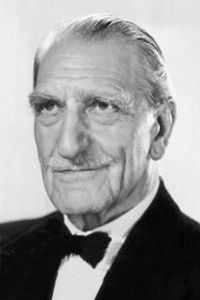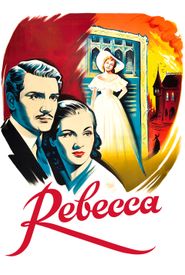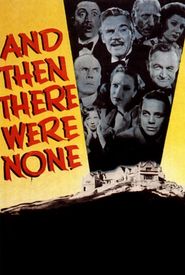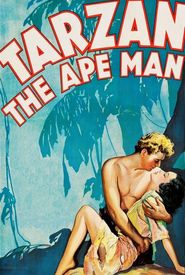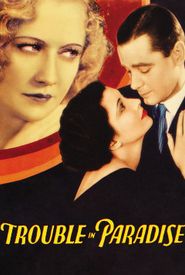C. Aubrey Smith, a distinguished individual with a multifaceted background, was a perfect fit for the tall, stereotypical Englishmen with a stiff upper lip and stern determination. As a graduate of Cambridge University, he was well-versed in the art of discipline and tradition.
Prior to his career on the stage, Smith was a test cricketer for England, showcasing his athletic prowess and dedication to the sport. However, it wasn't until he was 30 years old that he embarked on a career in the performing arts. It took another 20 years for him to make his mark in the world of cinema.
By 1915, Smith was over 50 years old, an age that was considered old for the medium of film, which typically demanded young actors and starlets. Nevertheless, he persisted and appeared in a small number of silent movies over the next decade. As the years went by, he gradually faded from the scene.
However, with the advent of sound in 1930, Smith found his footing in the world of cinema once again. He went on to play a variety of distinguished roles, including military officers, successful businessmen, ministers of the cloth, and ministers of government. His distinctive bushy eyebrows and stoic face made him a natural fit for characters who embodied honour, tradition, and the correct path.
Throughout his illustrious career, Smith had the privilege of working alongside some of the biggest stars of the time, including Greta Garbo, Douglas Fairbanks Jr., and Shirley Temple. For his contributions to the world of cinema, Smith was bestowed with the Order of the British Empire in 1938 and was later knighted in 1944.
Despite his advanced age, Smith continued to work in the film industry up until the time of his death, leaving behind a legacy that would be remembered for generations to come.
